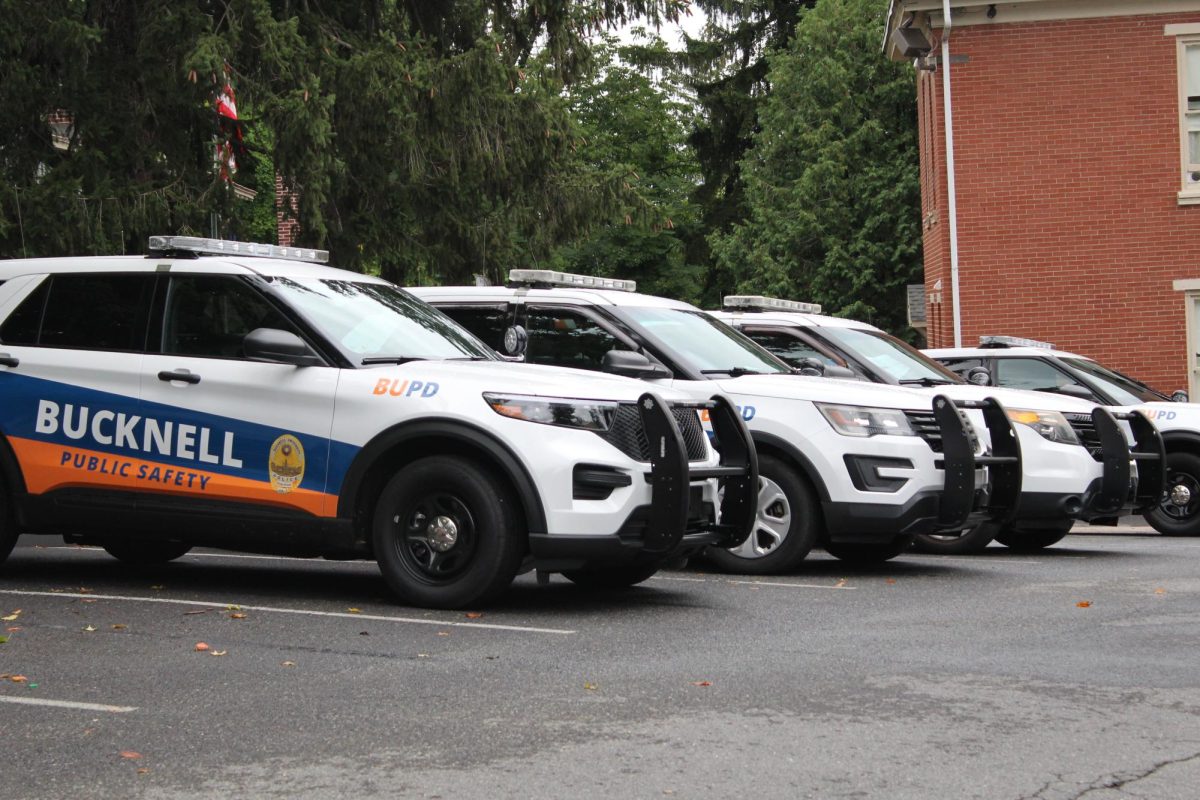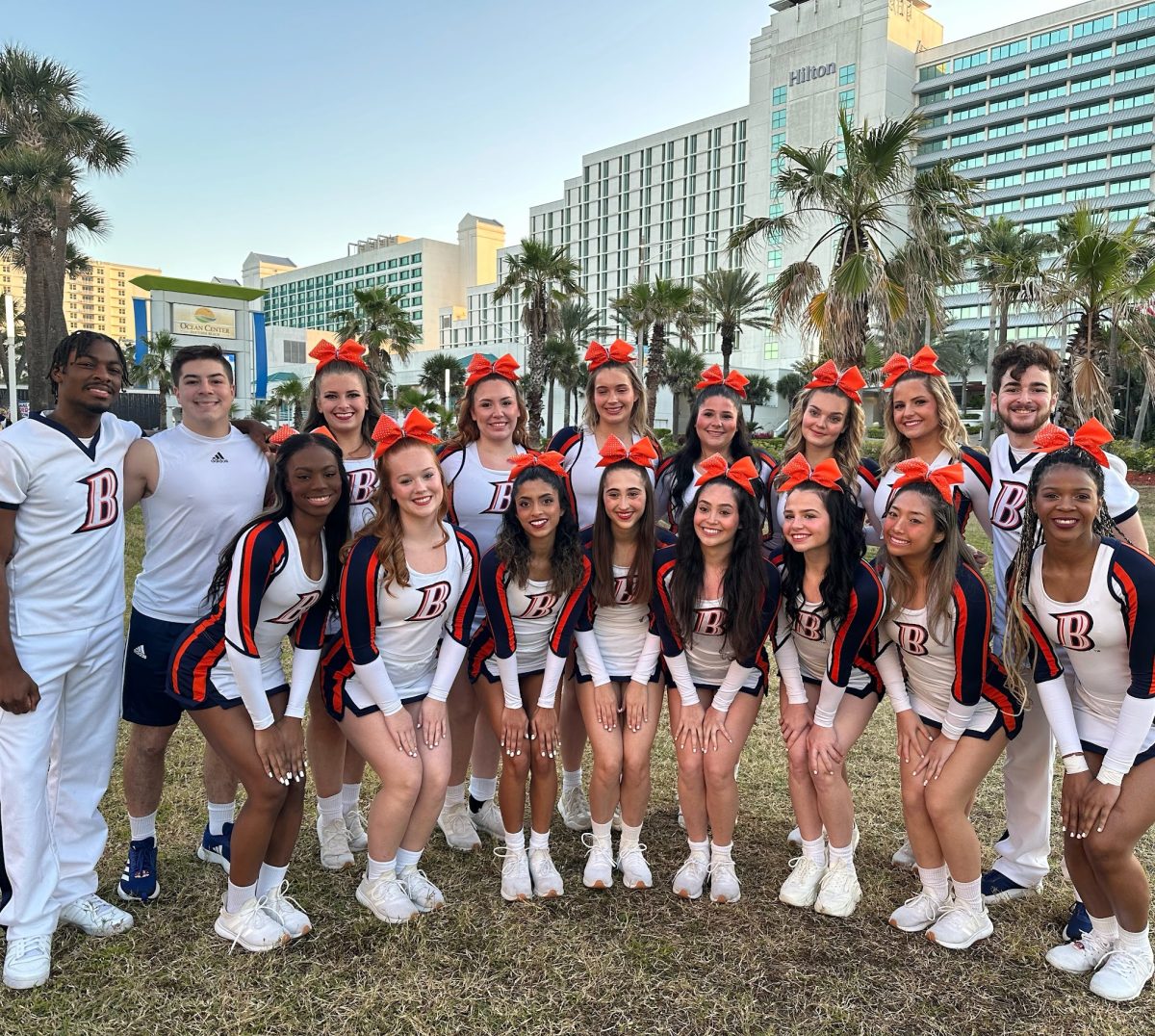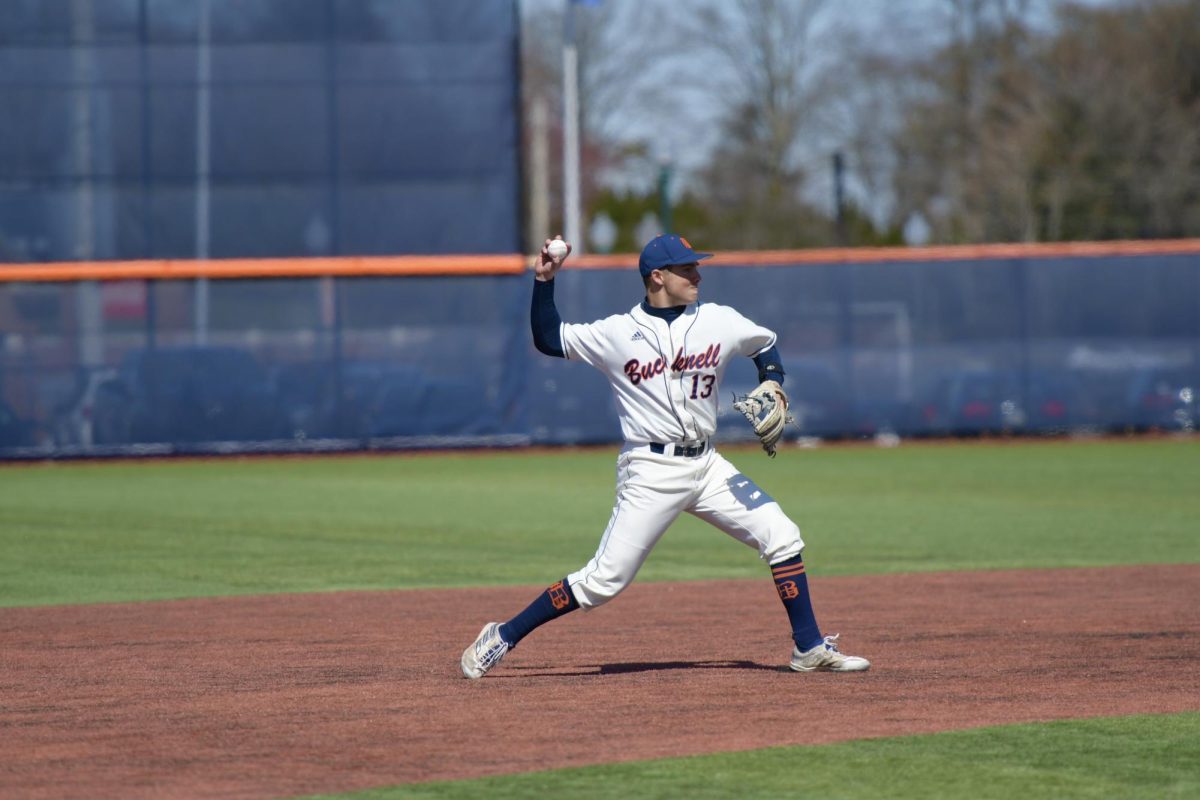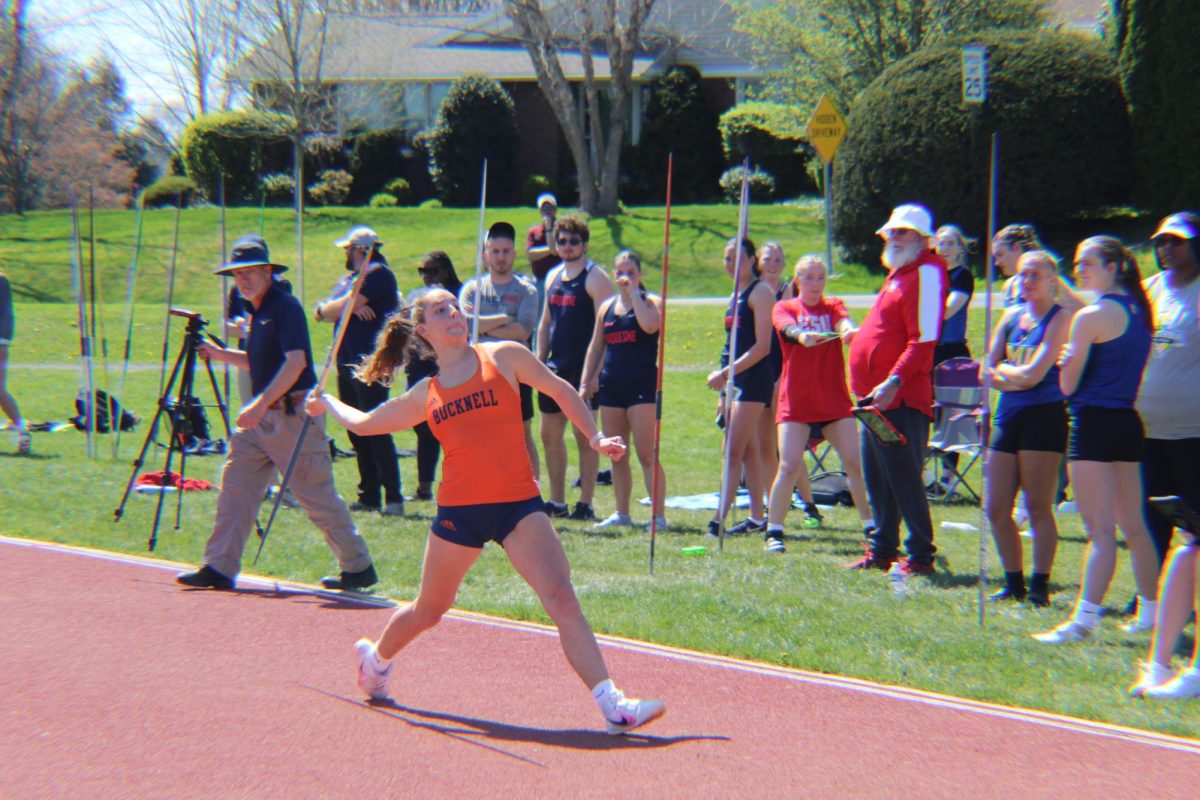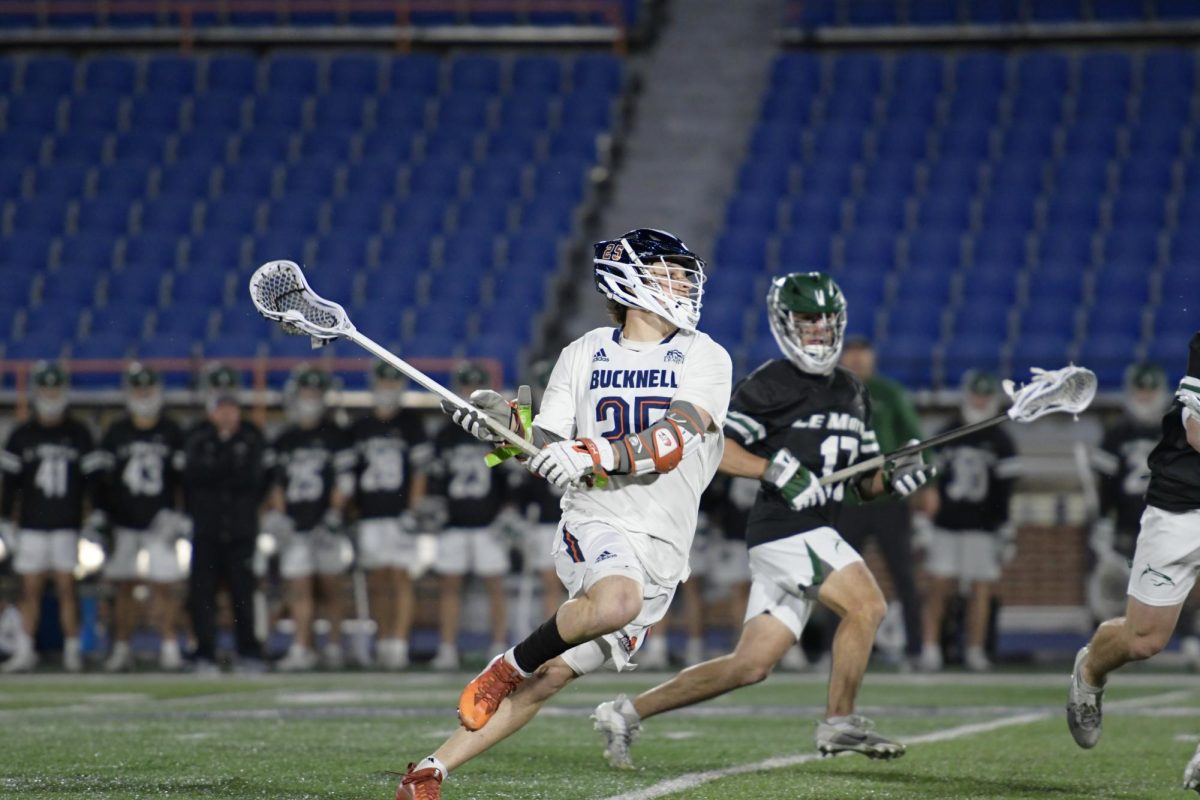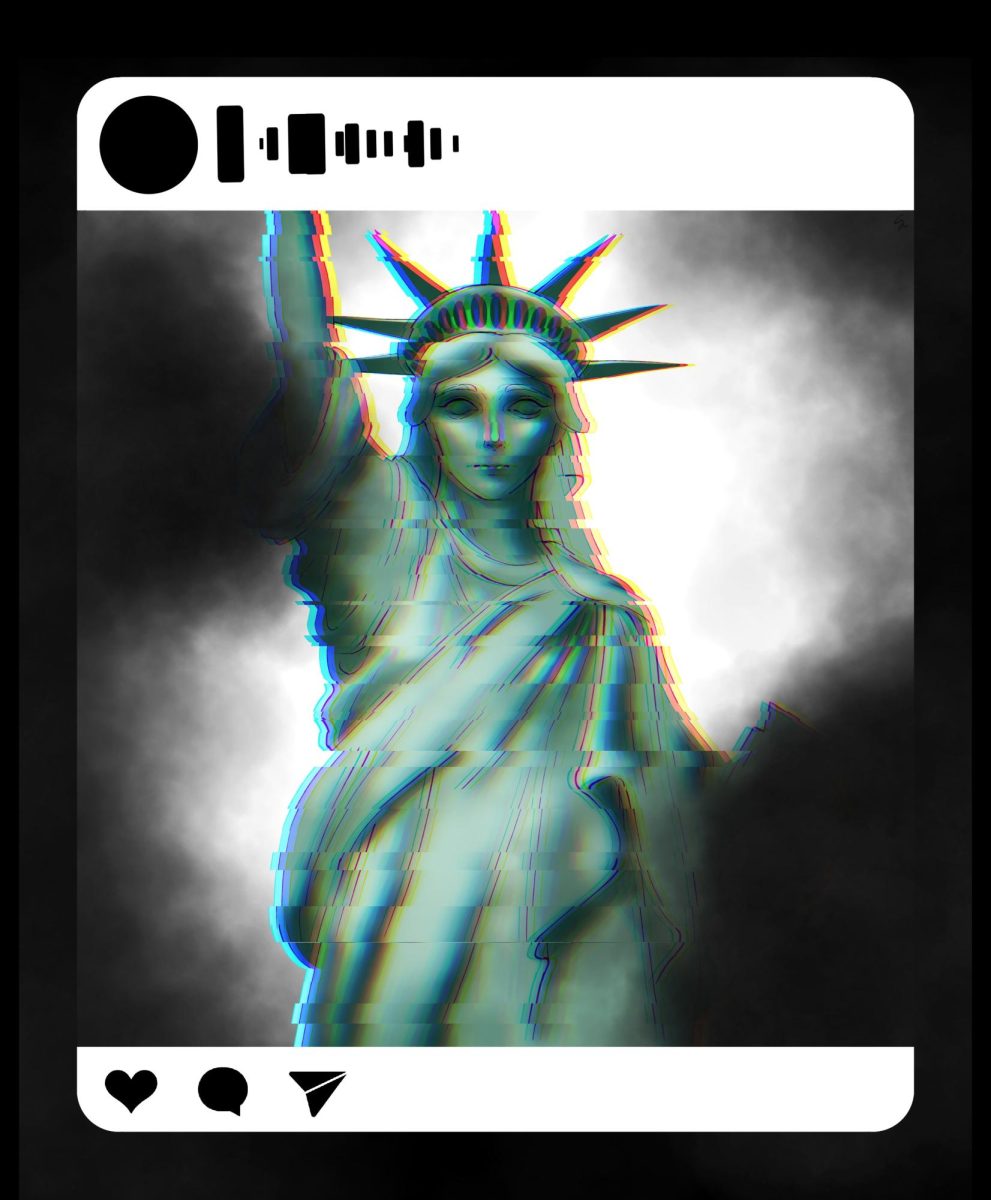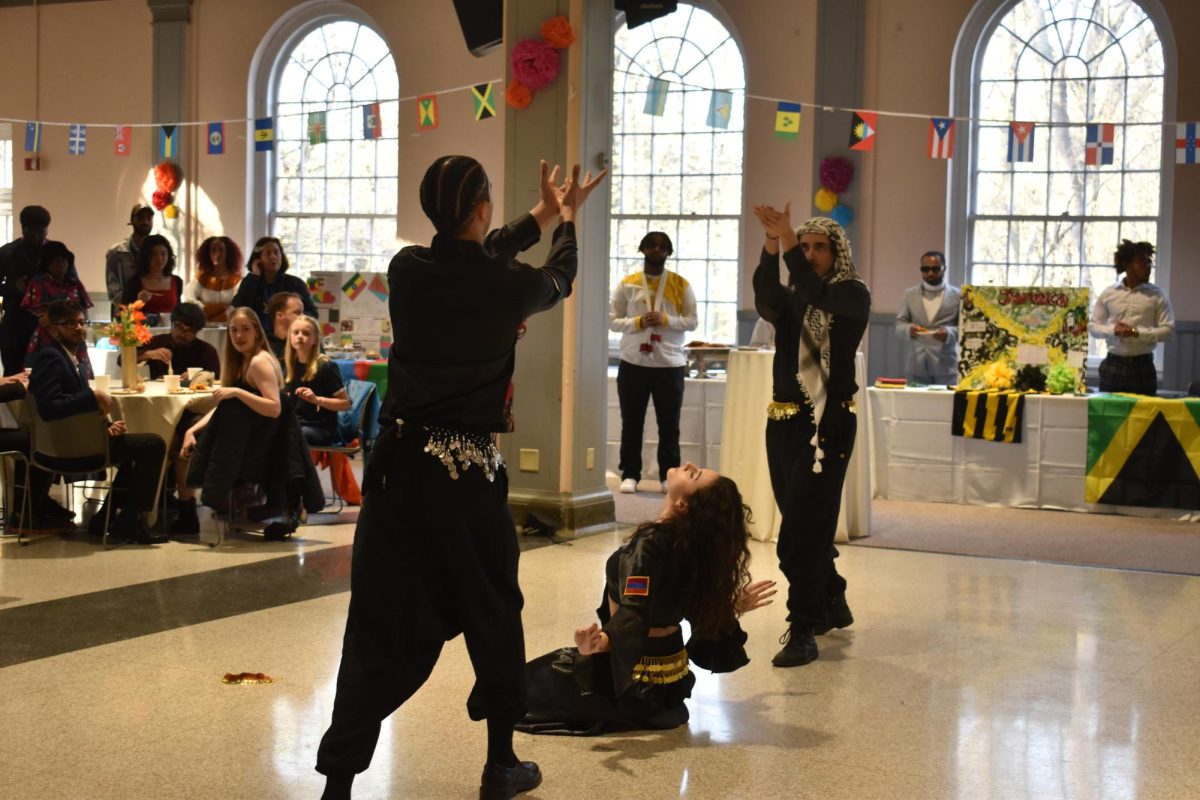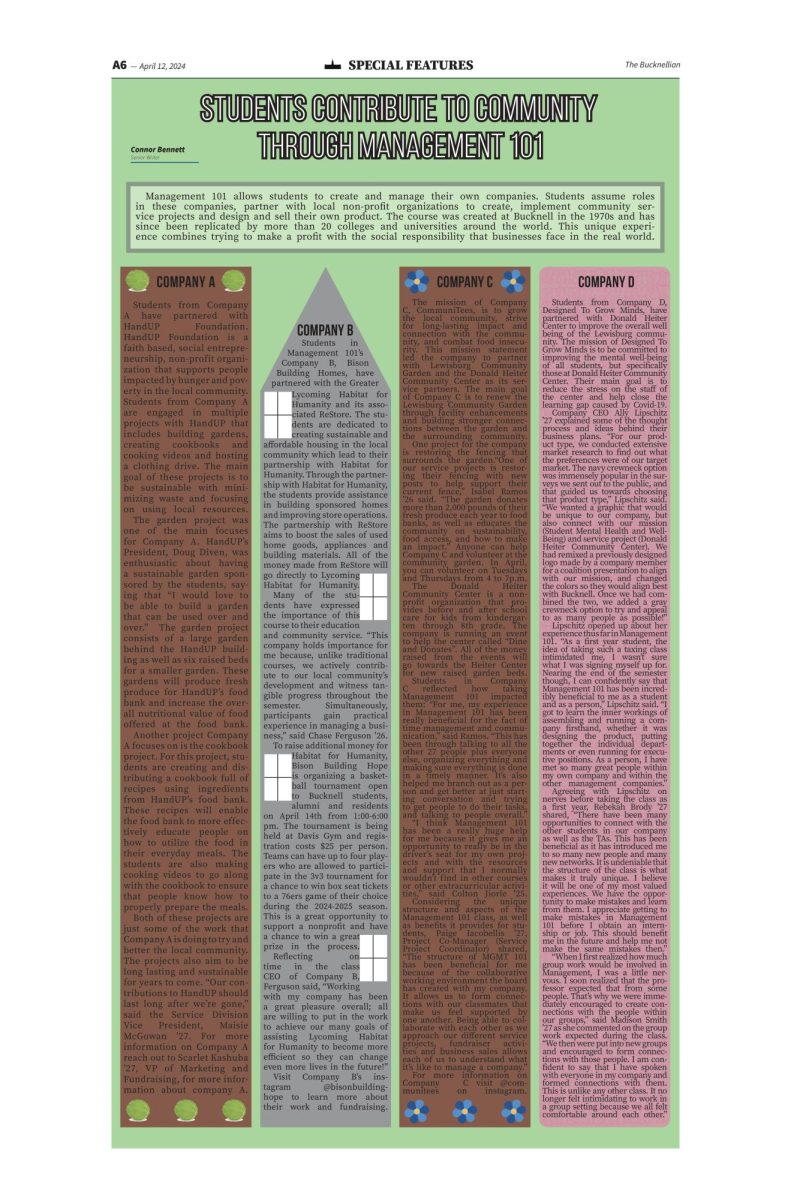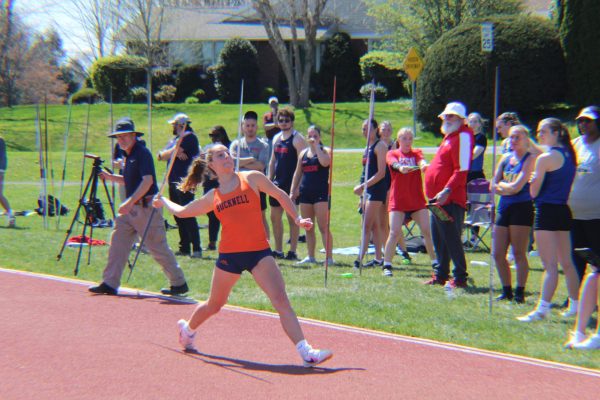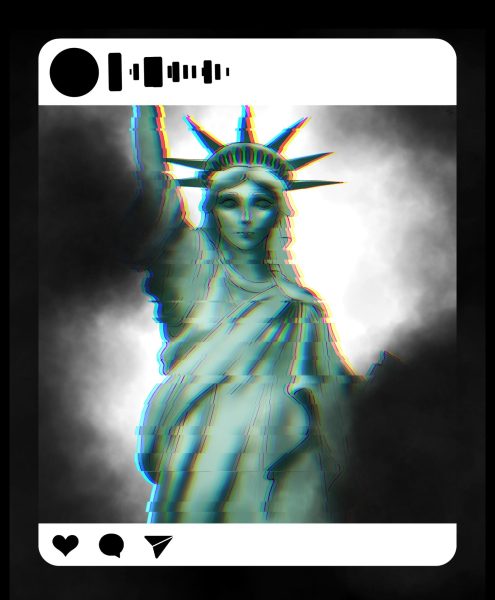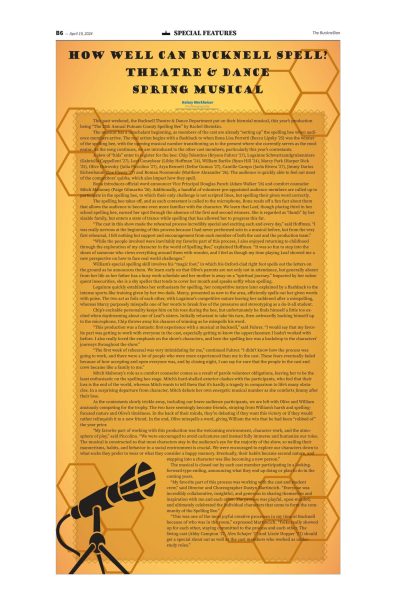Robert Dunn links microbiomes to Charles Darwin
February 20, 2014
Robert Dunn, a biology professor from North Carolina State University, gave a speech in Trout Auditorium on Feb. 13 that discussed how our interactions with microbiomes are connected to our evolutionary history and health.
Dunn’s speech focused on Darwin’s accomplishments and the recent anniversary of his 205th birthday. Dunn discussed the life and death of Darwin as well as his current research involving microorganisms.
A microbiome is a community of microorganisms that coexist with other life forms. A vast majority of species, including humans, are completely covered in these organisms. These microorganisms are unnoticeable to the naked eye.
“There are about five pounds of microbes in our gut,” Dunn said. “There are more bacteria in our colon than there have ever been on earth.”
Darwin’s seminal book, “On the Origin of Species by Means of Natural Selection,” explains where species come from and why multiple species exist. Prominent biology terms such as “natural selection” and “survival of the fittest” stem from Darwin’s book. Darwin did not believe microorganisms affected the process of evolution, and therefore never mentioned them in his book. Scientists now understand the intricate relationship between the microbiomes and evolution.
Recent research elucidated that microbes are more important than Darwin ever conceived. Dunn said scientific papers have proposed that changing the microorganisms within us can affect our weight. He also said they are responsible for the increase in autoimmune diseases over the past 60 years.
“We have evolved with thousands of species in which we depend upon for our survival,” Dunn said. “What we think is going on is that we are losing key connections with microbes that we need … these contexts combined with a particular genetic background create a whole sweep of autoimmune disorders.”
“I learned we know next to nothing about the microbes we live with. They have done really well with the speakers this semester,” Spencer Schell ’17 said.

